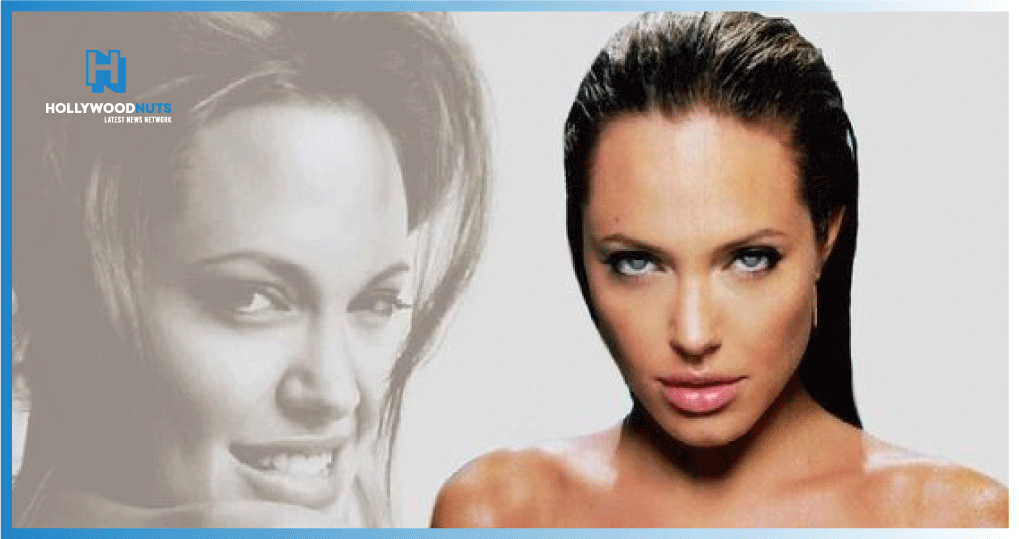Angelina Jolie Says She’s “Proud” Of Marvel For Refusing To Censor Eternals‘ Openly Gay Superhero by HollywoodNuts
Beware of spoilers. According to Angelina Jolie, Marvel is “proud” of itself for not removing scenes from Eternals that depict a main character having the same-relationship.
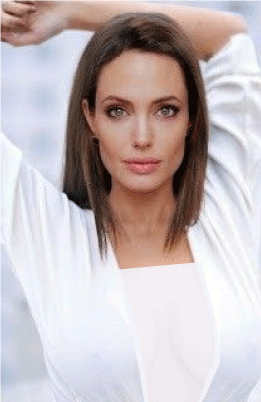
The Hollywood Reporter claims that Marvel rejected to make the adjustments that local censors demanded, therefore the much awaited superhero film from Nomadland filmmaker Chloé Zhao will not be distributed in Saudi Arabia, Kuwait, or Qatar.
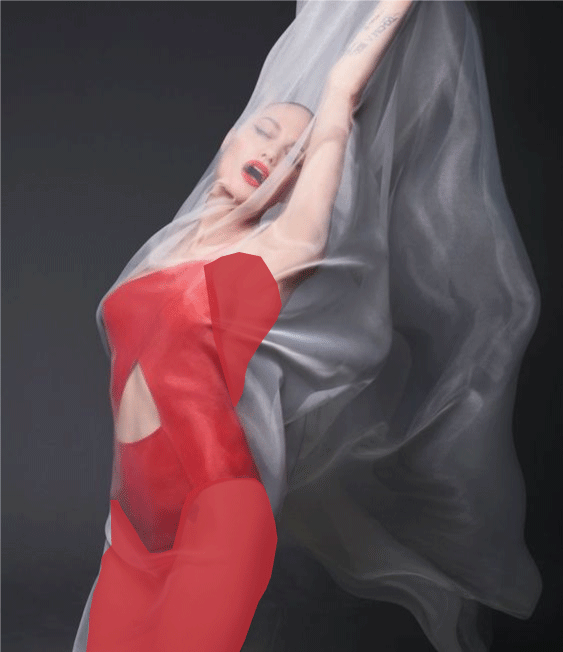
The MCU’s first openly gay superhero, Phastos (Brian Tyree Henry), and his on-screen spouse Ben (Haaz Sleiman) are thought to have been the focus of these alterations. They are shown in the film as having a loving relationship and raising a child together. They also exchange kisses on camera.
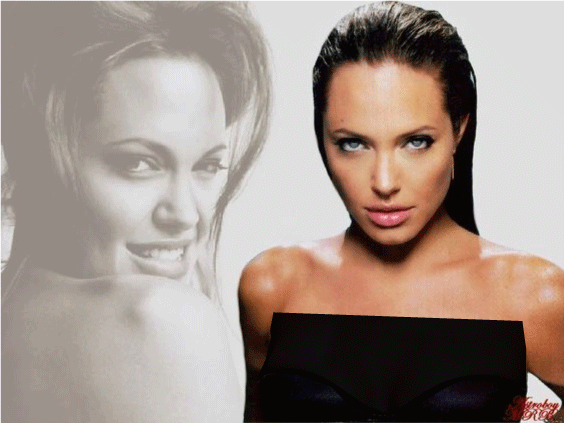
The countries that are said to have sought the modifications are Saudi Arabia, Kuwait, and Qatar, where is prohibited. I’m terrible for [those audiences], said Jolie, who co-stars in Eternals as the fearsome superhero Thena, to news.com.au. And I applaud Marvel for standing by those sequences.
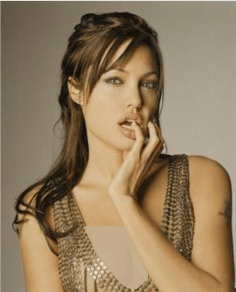
She continued, “I still don’t understand how we still live in a society where there are [those] who would not perceive the family Phastos has and the beauty of that bond and that love. It is ignorant of anyone to be offended by it, feel intimidated by it, or to not support or value it.

This weekend’s release of Zhao’s film in theaters has received a lot of positive reviews for its broad diversity. It features Makkari, the MCU’s first deaf superhero, as well as the first full-fledged scene and the MCU’s first superhero.
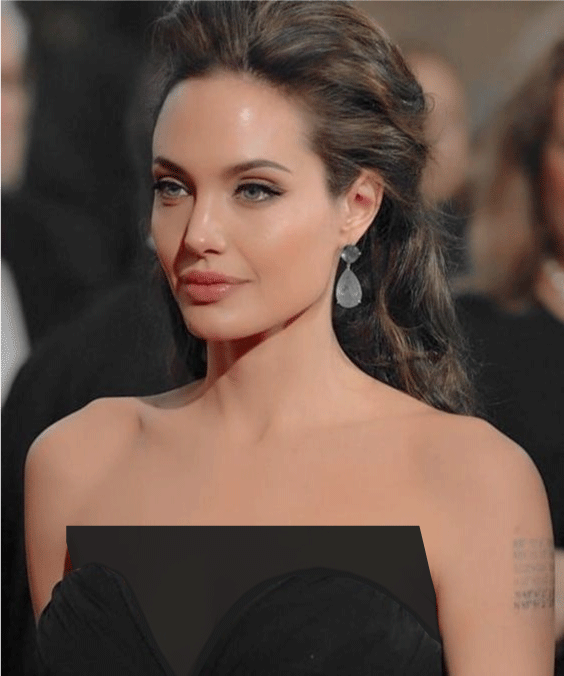
“It was such a big moment for me to play not just a deaf superhero but also a deaf, Black, Mexican, female superhero,” actor Lauren Ridloff, who plays Makkari, recently told Refinery29. Despite the fact that Marvel has been there for a while, it’s only now that I’ve begun to see more representation of ourselves and feel like a part of movies, especially with Black Panther and Shang-Chi.
Zhao continued, “I think it’s vital for people to see themselves on TV, not just for those who look like us or speak like us, but also for individuals who don’t have anything in common with us. Seeing Makkari, people might think, “I am nothing like her, but I understand her, and I appreciate her on the inside as a human being.

